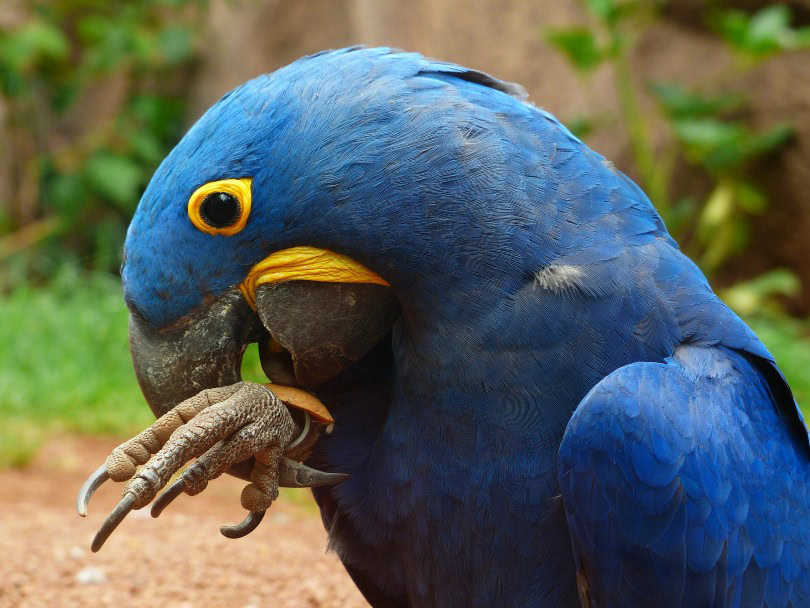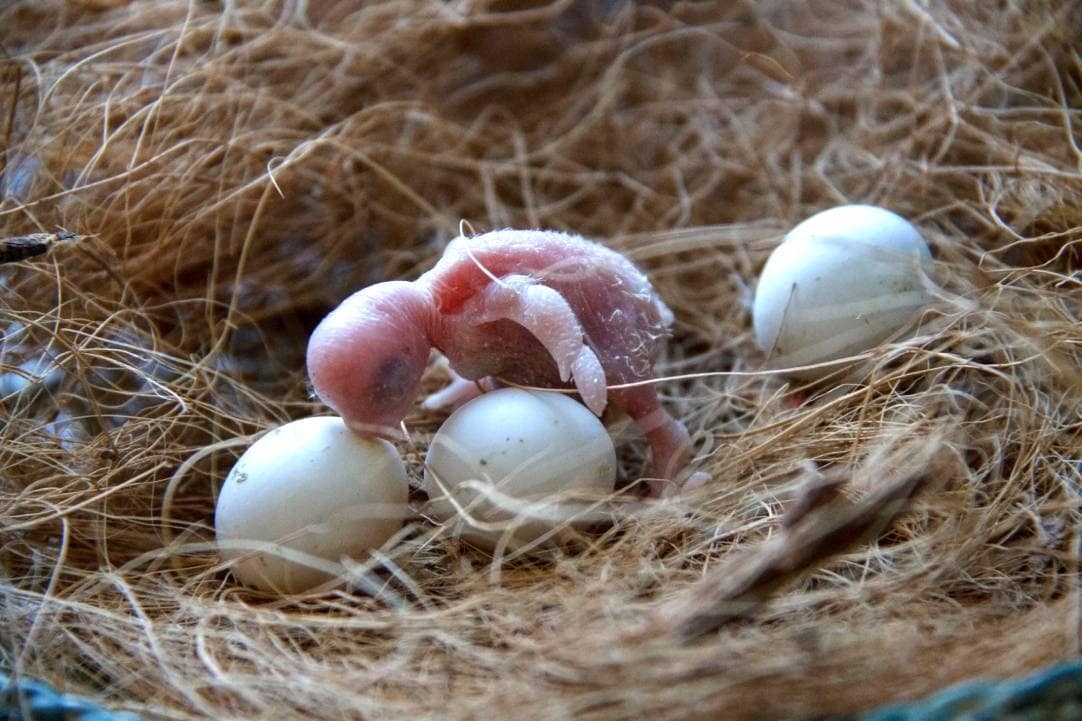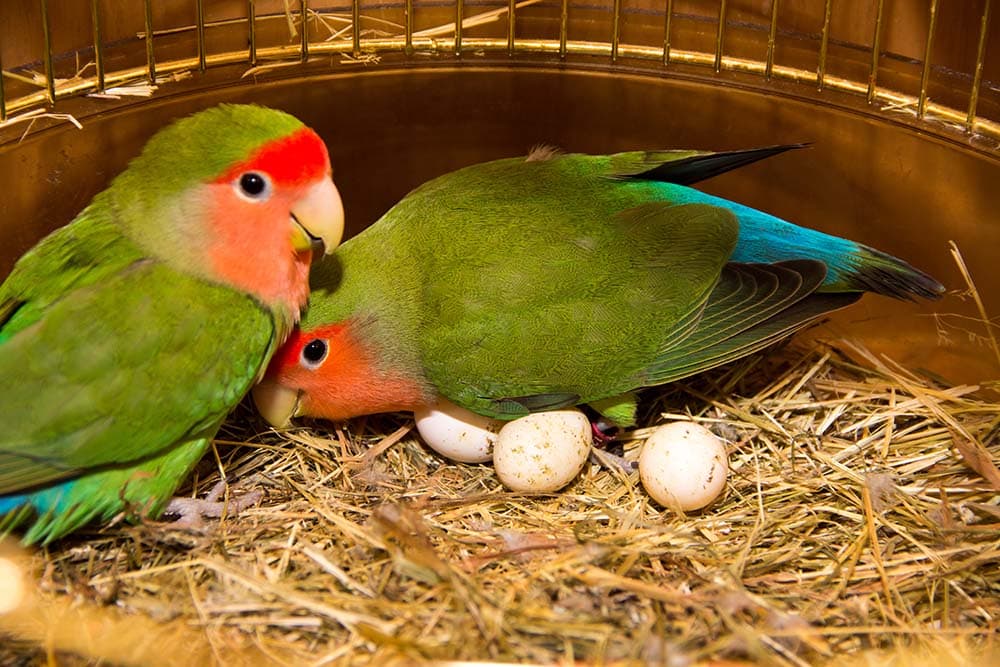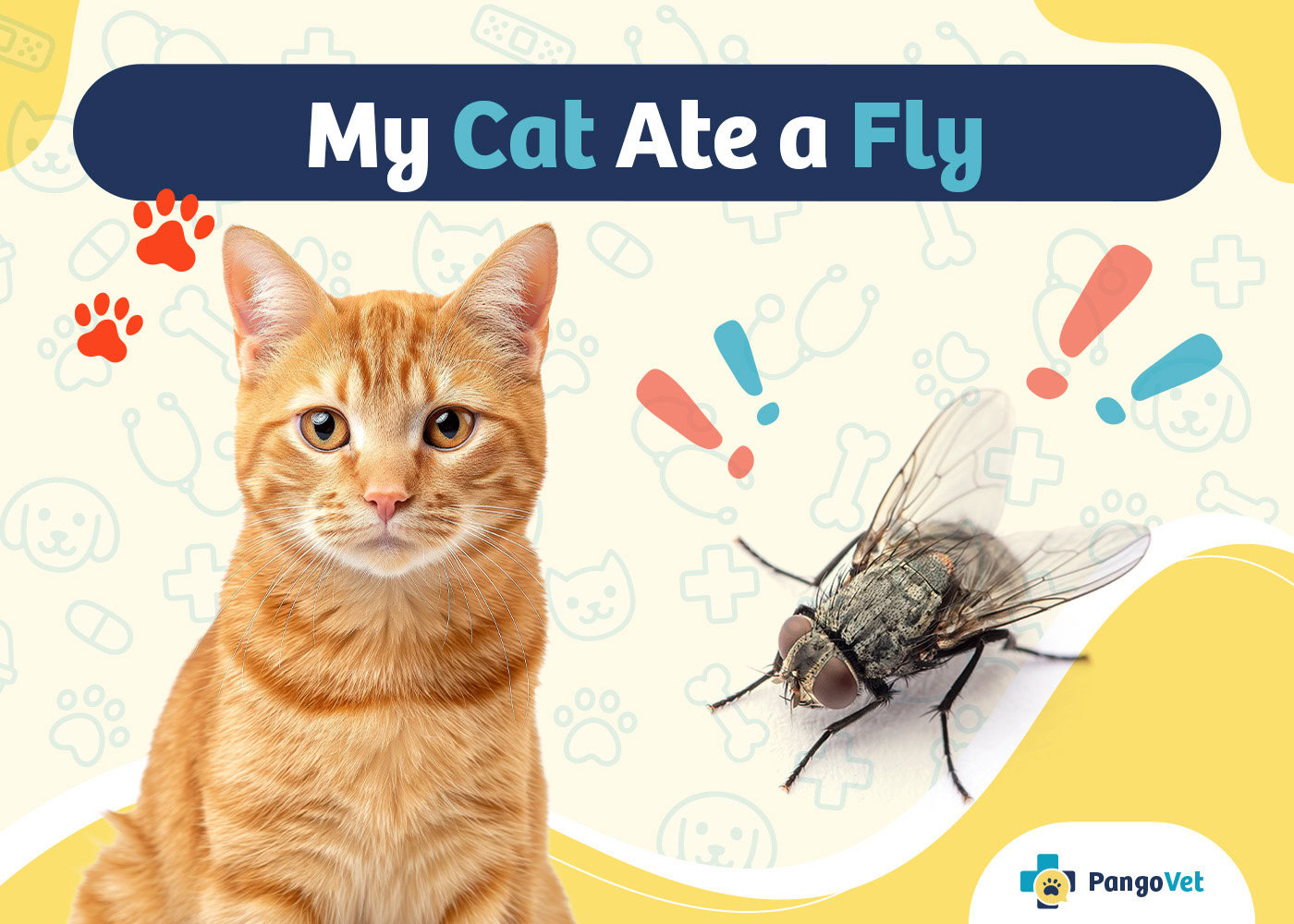Have you looked into your parrot’s cage and found an egg but don’t know what to make of it? Maybe you thought you had a male parrot and have now realized you have a female. Either way, now that you have a parrot laying eggs, there are a few issues that you need to address. First, do all eggs turn into baby parrots, and do you have to prepare for the birth? Below, we’ll break down everything you need to do when you discover eggs in your parrot’s cage.

Do Female Parrots Lay Eggs Without a Male?
Just because you have a female parrot doesn’t mean she’ll lay eggs, and she also doesn’t need a male to lay an egg. You don’t need to worry about baby birds if there isn’t a male parrot around since the eggs are infertile.

Why Is Egg Laying a Big Deal?
You might be wondering why it even matters that your parrot is laying eggs if she isn’t fertile. The truth is that egg-laying can lead to health complications, especially if she is laying eggs repeatedly.
Parrots laying unfertilized eggs will likely lay more of them than they would in the wild, which can lead to several medical problems.
Egg binding
The most common health concern with egg-laying is egg binding. It is common in captive birds, as they often don’t get the necessary exercise or natural sunlight that they need for proper egg-laying.
Instead, the egg can be soft or lumpy, which can keep it from moving through the oviduct as it needs to. The signs of egg binding include the bird sitting at the bottom of the cage, having difficulty breathing, blood coming from the vent, excessive straining, and pathologic bone fractures.
If you suspect your parrot is suffering from egg binding, you must take her to a licensed vet immediately.

Egg Yolk Peritonitis
If your parrot isn’t “shelling” the eggs properly, the egg’s innards can fall into her body cavity. This is known as egg yolk peritonitis and is uncomfortable and dangerous for your parrot.
The signs include lethargy, breathing problems, and a decreased appetite. If you suspect your parrot has egg yolk peritonitis, promptly take her to the vet.
Hyperlipidemia
Another serious health condition that can develop from chronic egg-laying is hyperlipidemia. This occurs when the blood starts to thicken due to constant egg-laying. When this happens, your parrot can have a stroke, and it doesn’t matter how much exercise you give her or how you change her diet.
Typically, at this point, your parrot needs either spaying or hormone therapy, or else it can be life-threatening.

Irritability and Behavior Problems
While this isn’t nearly as serious as other health concerns resulting from chronic egg laying, it can be frustrating for owners. When parrots lay eggs, they undergo a hormone-changing process and become extremely protective.
You might find that your ordinarily friendly parrot won’t let you near the cage and will try to peck at you and hurt you when you get too close. These behaviors aren’t life-threatening, but it’s probably not something that you want to deal with from your pet.

What to Do After Your Parrot Laid an Egg
If your parrot has already laid an egg, there are a few things that you need to do. First, ensure that the egg is infertile. You don’t need to do anything if you don’t have a male around. But if you have a male, there’s a good chance you have fertile eggs.
You can freeze or boil the eggs to make them infertile. Keep in mind that raising young parrots is almost impossible for novice handlers. But if you plan to keep the fertile eggs, consult a veterinarian as soon as possible to see what you need to do.
Once you have infertile eggs, leave them with your parrot for about 3 weeks, even if your parrot isn’t nesting them. Then, remove one egg at a time over several days until they’re all gone. This can be a traumatic experience for your parrot, even if the eggs were never fertile.
Also, while your parrot is laying eggs, she might need nutritional supplements to keep everything going smoothly.

How to Prevent Future Egg Laying
Since egg-laying can lead to a whole host of health problems, it’s best to prevent it if possible. First, you can move the cage to a different part of the home. This will make her a little uncomfortable, which prevents her from laying eggs. Also, rearrange any movable objects inside her cage.
Next, switch out the food bowls and move them to a new location. Remove any objects that your parrot can use to make a nest, including cardboard, substrates, fabric toys, and anything else she can use.
You can also extend nighttime hours by covering her cage, as this will mimic winter conditions when it’s not time for her to lay eggs.
However, the most important step to prevent egg laying can also be the hardest. You need to remove whatever she associates with as a “mate.” This can be a toy, mirror, or another bird, even a female.
However, many birds perceive their owner as their “mate.” You must avoid bonding behaviors like grooming, petting, kissing, or sharing food during this time. While this might be difficult, it’s the most effective way to stop chronic and potentially dangerous egg-laying.

Final Thoughts
While you might not have to deal with a baby parrot, that doesn’t mean you can ignore that your parrot just laid an egg. While these tips can discourage future egg-laying, if you can’t get it under control, you’ll need to seek a veterinarian to help you with the problem.
They might recommend hormone therapy or spaying, and this might give you a parrot that you can bond with and no potentially dangerous egg-laying!
Related Read:
Feature Image Credit: MStock00, Shutterstock










